"Women were considered pivots not only of domestic life but of the entire society is clearly evident in the epics. A maid was not only an object of tender affection and care at home but her education also was taken care of and she had important duties as well to perform. A woman was never sacrificed at the altar of marriage. The sacramental nature of marriage also strengthened the position of a wife even in apolygamous society. The nucleus of family life was centered round her and on women dependent the prosperity and future progeny of the family. She was considered the creator, protector, and educator of her children. Children respected their parents, particularly the mother. Sons repaired the affection and care of the mother. Step-mothers also enjoyed equal privileges. The premeable to the constitution of India promises "to secure to all its citizens, justice-social, economic and political; liberty of thought, expression, belief, faith and worship’ equality of status and of opportunity; and promote among them all: fraternity assuring the dignity of the individual and the unity of the national".. To realise these goals the constitution guarantees certain fundamental rights and freedoms. Along with these certain negative rights, prohibiting discrimination or denial of equal protection of law, are also guaranteed. As equal citizens of India, women benefit from these rights equally with men. However, since the constitution recognized the unequal social provisions for women and children even in violation of the obligation not to discriminate among citizens."
Women and Human Rights
In stock
Free & Quick Delivery Worldwide
Bibliographic information
Title
Women and Human Rights
Author
Edition
1st ed.
Publisher
ISBN
8176480770
Length
vi+297p., Index; 23cm.
Subjects

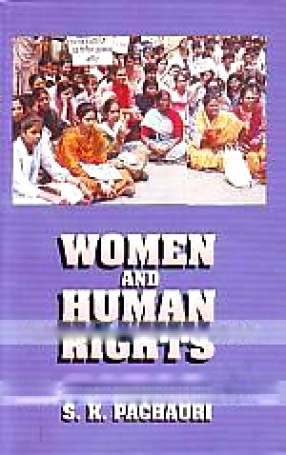
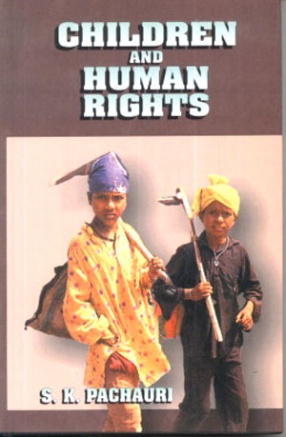
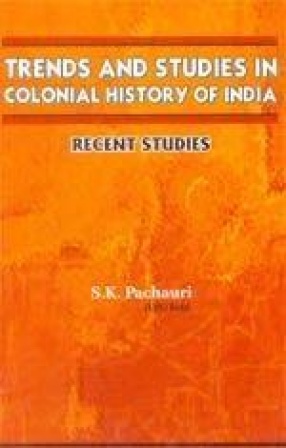
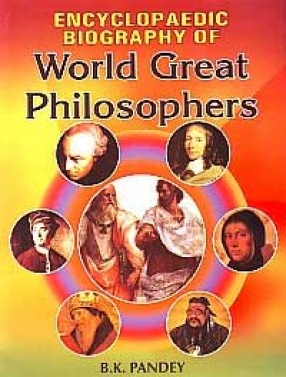

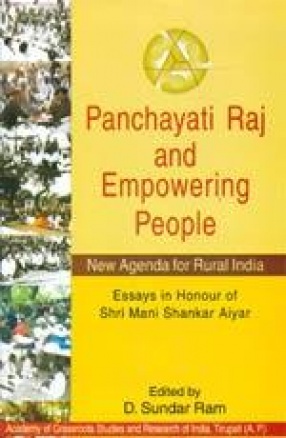
There are no reviews yet.